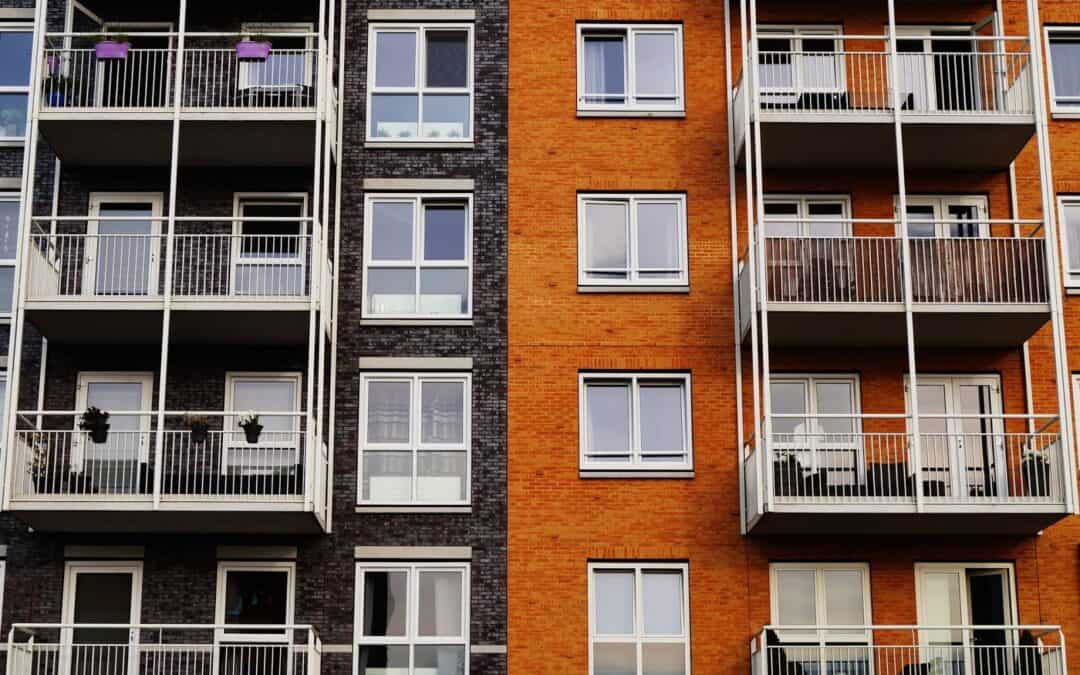As we mentioned earlier this month, 2021 is going to be an interesting year for the real estate market. If you’re planning on becoming a happy homeowner, it’s a good year to finally make your dreams come true. However, if you prefer to go a different route and plan to rent, there are some trends you’ll want to pay attention to.
Location will matter less.
Working from home was one of the biggest (and most unexpected) trends of 2020. It’s a different year out there already, but there are no indications that this lifestyle shift will go away anytime soon. It will take a while before vaccines are rolled out to mitigate the risks of COVID-19 completely (not to mention some unexpected complications, for example in Norway), and even then, a lot of companies will still have this option available for their employees. Why wouldn’t they? It’s both convenient and cheaper for businesses. A win-win!
What will it mean for renters? More options to choose from, but all of them will be more expensive. If you’re moving from an expensive area, like California, you’ll have more options available. But if you’re looking to rent in a less expensive location, like Houston, prepare to face some fierce competition.
Eviction moratoriums are lowering the supply.
Eviction moratoriums are a good thing for renters who have been unable to pay their rent due to mass furloughs and layoffs brought about by the COVID-19 pandemic, but for landlords and people seeking to rent an apartment, it presents challenges. Due to this change in eviction cycles, we’re facing a severe decrease in vacancy rates. If you’re planning to rent an apartment, prepare for a lengthy search process.
One important possibility to consider is that the moratoriums will be lifted eventually. Once it happens, thousands of renters will be evicted leading to a sharp, almost overnight, increase in vacancy rates. The result will be a huge rental market crash.
Rental prices will remain stable
According to experts, rental prices should stay at the same level in the first half of 2021. Of course, price dynamics aren’t uniform, and larger urban areas are expected to have a slight decrease in prices. In San Francisco, 1-bedroom apartments dropped 1.1%. In New York, they dropped 1.9%. Prices for 1-bedroom apartments in Boston, San Jose, and Oakland decreased 3.9%, 4.9% and 5.2%, respectively.
At the same time, certain suburban areas will see a price increase. For example, Denver saw a 2.6% decrease in rent prices in the downtown area. Simultaneously, prices increased by 1.3% in the suburbs.
The demand for affordable housing will increase
Multiple factors will lead to increased demand for affordable housing this year. First, there’s the housing undersupply which creates additional pressure on renters. Then there’s a looming economic uncertainty. With upcoming mass evictions and hundreds of thousands of Americans still losing their income to COVID-19, affordable housing is going to be very important.
There will be more rental market regulations
The federal government already played a huge role in regulating the rental market, even before the introduction of eviction moratoriums. While these moratoriums will be lifted eventually, we should expect local agencies to move in and introduce new regulations.
Massachusetts legislators are planning to introduce rent control measures not only for the duration of the pandemic but up to a year after it. Similar measures are to be introduced in California too.
This year has a lot of surprises in store for renters. While they will have more freedom of choice of location backed by stable prices, a low supply will make the search harder. What are your predictions for the rental market? Share in the comments below!


Recent Comments